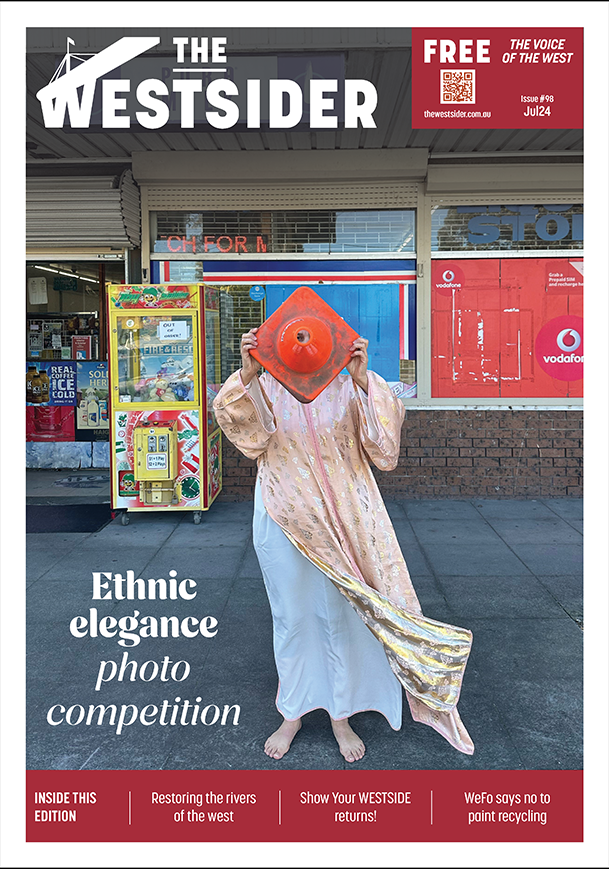By Stella Kinsella
“You’ve got too much time on your hands”, a colleague and passionate wildlife carer told me one day. She was right. I was single, worked part-time and while cash poor I was time rich and flaunted it.
So began a chapter of my life that would change me as a human forever and open my eyes to the microcosm and marvel of the animal kingdom.
Receiving a training course in wildlife care and guided by my supervisor Jenny Verroen, I soon became the surrogate mother of a very tiny charge; aka a red headed flying fox, aka Luna.
Luna’s survival depended entirely on me. Overnight I shifted from free wheeler to a stay-at-home mum. To keep her alive I learned to feed her properly (and often) via a small syringe of milk formula. I learned to change her tiny nappies and encourage her development with improvised climbing spaces with enough space to practice flapping her wings. I learned how to regulate her temperature until she was mature enough to do so. Most importantly, I nurtured her and talked to her and made her feel safe. In every sense, I was her mum.
Eventually, Luna grew from a sixteen day old orphan into a three month old juvenile; a vibrant, chatty, quirky (and to me), very human little personality.

The night of her maiden flight was dark of the moon and the sky still a touch indigo. In my one-roomer on a mountain where I then lived, I sat on my bed listening to her leather-soft wings beating wildly until suddenly – silence. I braced myself for the impact and in an instant, there she was, crash landed into my arms, terrified of her new found mobility and pleased as punch by her achievement. I’d become nocturnal in those last weeks with Luna and cuddled her all night and cried too, because her spectacular developmental yardstick was soon to be my deep loss. It was time for Luna to fly free, join others like her in a bat crèche in the forest and leave my private orphanage for good.
I’m no longer time-rich, instead a privileged urbanite with a job and a human family but Luna’s story remains a powerful and provocative reminder to me of how much our native species need our help. Fruit bats contribute enormously to the natural regeneration of indigenous flora. But fruit bats, along with other local native species are under certain threat from human predation. You might be surprised to learn just how many local species are struggling to survive right under your very windowsill, in your gardens and in the green wedges and estuaries of the inner west of Melbourne.
Fortunately a small army of registered, trained volunteer wildlife carers continue to rescue, triage, foster and sadly and too often, euthanise our local species owing to habitat loss and impact from feral foxes and domestic cats and dogs.
This was the impetus for writing ‘Wild Orphans’, a young readers’ adventure about orphaned city kids who unexpectedly find themselves living on their Grandmother’s illegal wildlife sanctuary in the bush. It is a long time coming but hopefully conveys to readers how fragile our native species, both flora and fauna are, and how much they need our help to survive.
Stella Kinsella is a local writer and performer and a member of Western Animal Rescue. Her book is published with Lulu and is now available at Hobson’s Bay Library and through the Sun Bookshop and Melbourne Zoo and online at stellakinsella.com.

